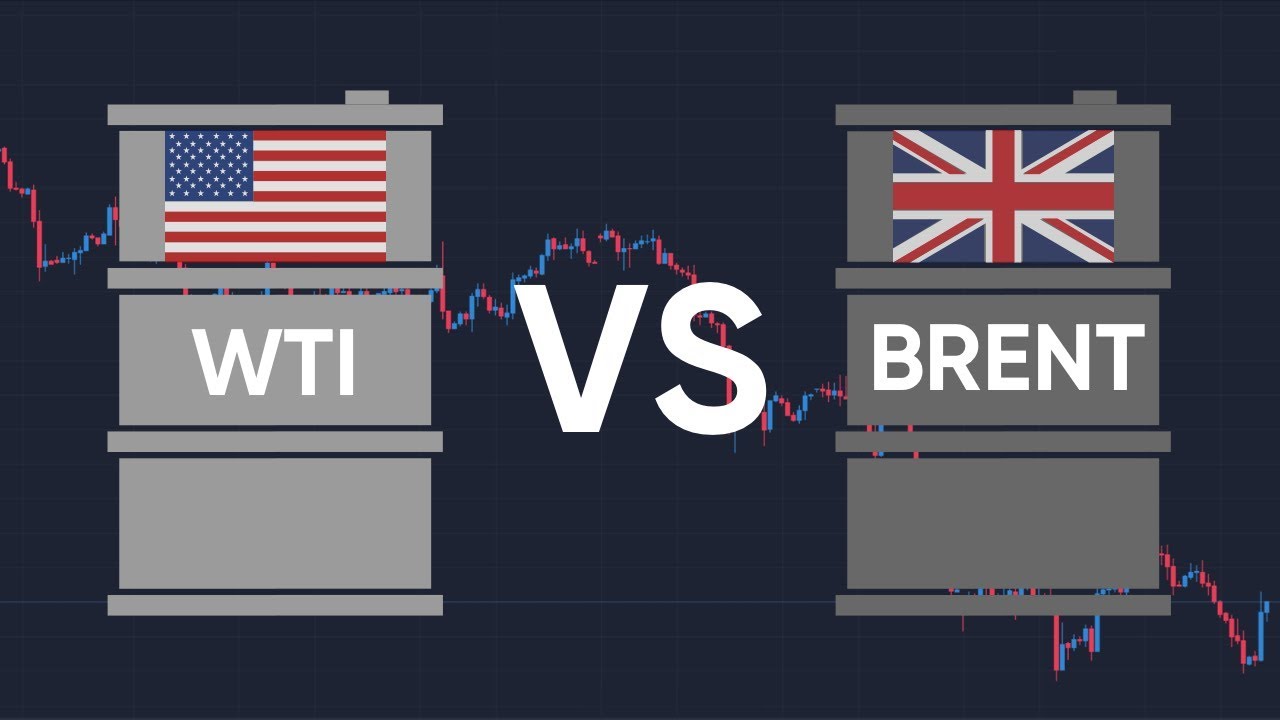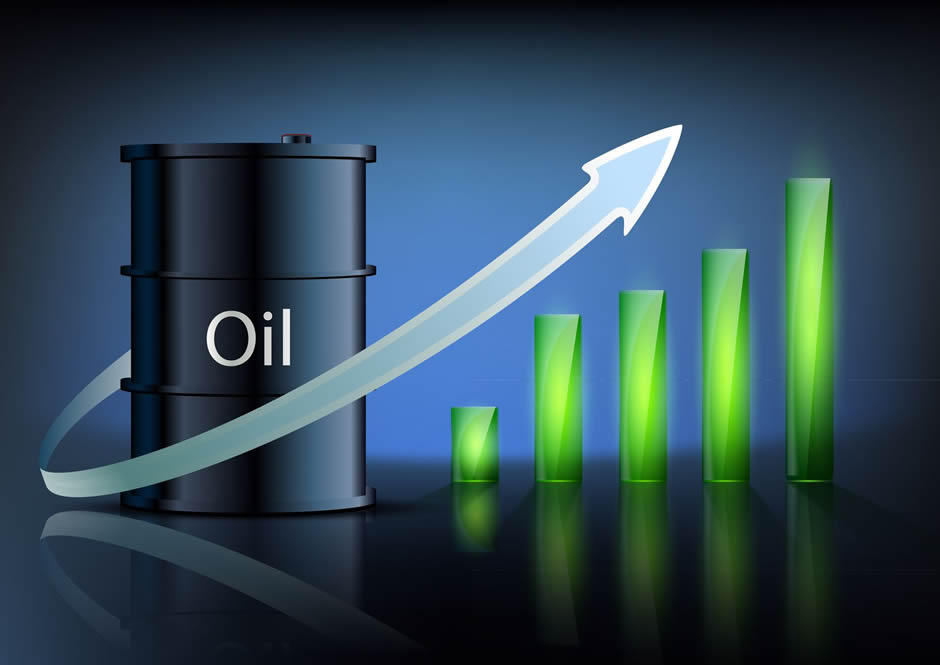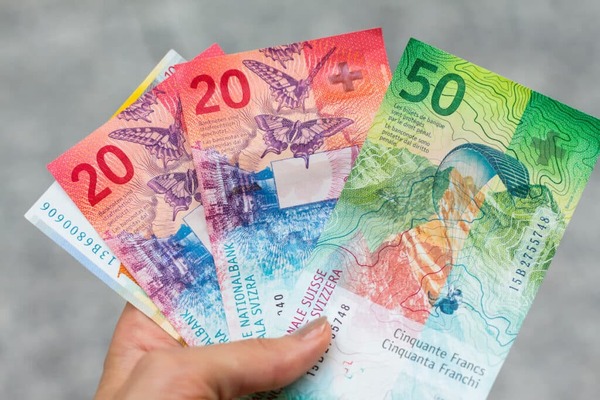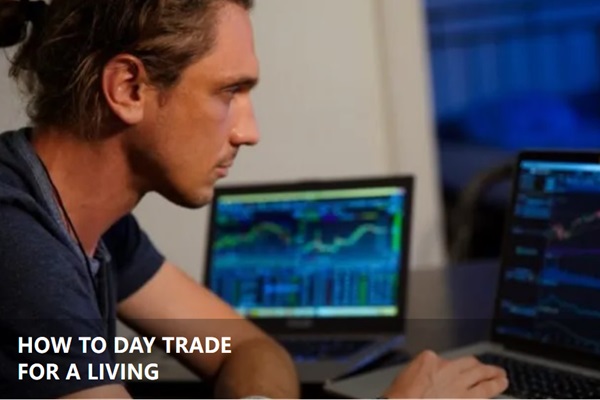Crude oil investing can be an exciting and potentially profitable venture, but it also comes with its unique set of challenges. As a commodity that drives the global economy, crude oil impacts everything from transportation costs to global market trends.
However, before you dive into investing in crude oil, it's essential to weigh the risks and rewards to determine whether this asset class fits your financial goals and risk tolerance.
Understanding Crude Oil Markets

The first step in evaluating whether crude oil investing is right for you is understanding how the market operates. The crude oil market is primarily driven by the balance of supply and demand. Geopolitical events, weather conditions, and economic reports all play significant roles in influencing prices.
OPEC (Organization of Petroleum Exporting Countries), for instance, plays a major role in regulating oil production, while political unrest in major oil-producing regions can lead to price volatility.
The two main types of crude oil traded on the global market are West Texas Intermediate (WTI) and Brent Crude. WTI is the benchmark for oil prices in the United States, while Brent Crude represents oil prices in Europe, Africa, and the Middle East. Both are heavily influenced by global events, but the price dynamics can differ due to regional factors.
The Benefits of Crude Oil Investing
Diversification: Adding commodities like crude oil to your investment portfolio can provide diversification. Crude oil often moves independently of other asset classes, which may help reduce overall portfolio risk.
Hedge Against Inflation: Historically, commodities like oil have been seen as a hedge against inflation. When inflation rises, the price of crude oil tends to increase as well, making it a potential safeguard for your investment.
High Volatility and Profit Potential: Crude oil prices are volatile, and while this can mean higher risk, it also offers significant profit opportunities for those who can navigate the price swings effectively.
Demand for Oil Remains High: The global economy continues to depend on oil for transportation, manufacturing, and various industrial activities. This ongoing demand supports the long-term value of crude oil, making it an attractive asset for investors looking to tap into a commodity that's deeply entrenched in the world's economy.
The Risks of Crude Oil Investing
Price Volatility: While volatility can present opportunities, it also introduces significant risk. Prices can fluctuate dramatically due to unforeseen events, such as natural disasters, political instability, or changes in global supply chains.
Geopolitical Risks: As seen with conflicts in the Middle East or political tensions in oil-producing countries, crude oil prices are highly sensitive to geopolitical developments. These factors can lead to unexpected price spikes or sharp declines, creating a high-risk environment for investors.
Environmental and Regulatory Risks: As the world moves towards cleaner energy alternatives, crude oil investors must consider the long-term viability of fossil fuel investments. Governments around the world are enacting stricter regulations and shifting towards renewable energy, which may reduce the demand for oil in the future.
Leverage Risk: Many crude oil investments are made using leverage, which can amplify both gains and losses. For inexperienced investors, this can lead to significant financial exposure, especially during periods of high volatility.
How to Invest in Crude Oil

Direct Investment: One way to invest in crude oil is through the purchase of physical oil or futures contracts. This route is typically more complex and requires a good understanding of the commodity markets and futures trading.
Oil Stocks and ETFs: Another popular way to gain exposure to crude oil is by investing in oil-related stocks or exchange-traded funds (ETFs). These can provide indirect exposure to oil prices by investing in companies involved in oil exploration, production, and distribution.
Oil Mutual Funds: Mutual funds that focus on the energy sector can be an excellent way for investors to gain diversified exposure to the oil market, particularly for those who prefer a more hands-off approach to investing.
Commodities Trading Platforms: There are also platforms that allow you to trade oil as a commodity without owning physical assets or engaging in complex futures contracts. These platforms offer an easy and accessible way for individuals to invest in oil.
Final Thoughts
Crude oil investing may be a good fit for certain investors, especially those with a high tolerance for risk and a keen interest in global markets. However, it is not suitable for everyone. If you are risk-averse or prefer stable, predictable returns, you may want to consider other asset classes. Additionally, you must be prepared for the high volatility that comes with crude oil prices and be willing to stay informed about geopolitical events and market trends.
Before making any investment in crude oil, it's important to conduct thorough research or consult with a financial advisor to determine whether it aligns with your investment strategy and objectives.
Disclaimer: This material is for general information purposes only and is not intended as (and should not be considered to be) financial, investment or other advice on which reliance should be placed. No opinion given in the material constitutes a recommendation by EBC or the author that any particular investment, security, transaction or investment strategy is suitable for any specific person.








